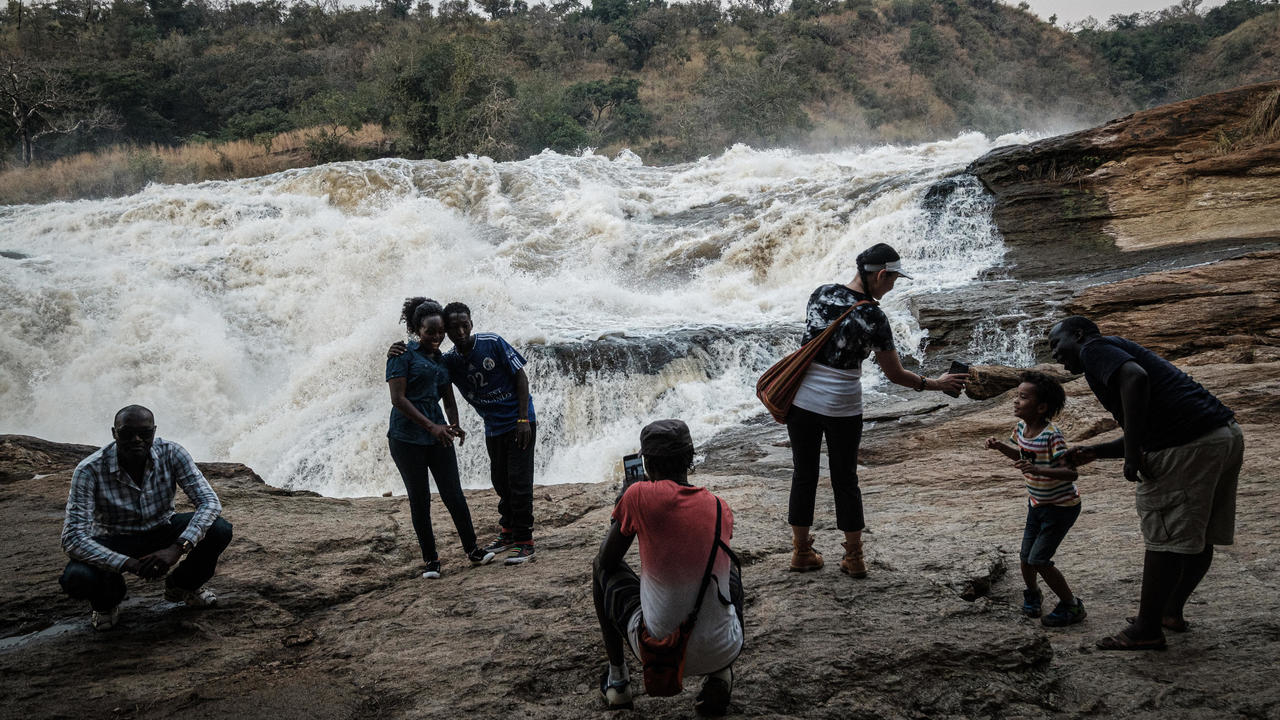Oil prices have collapsed in 2020 due to the Covid-19 crisis and long-term concerns about climate change. But in some parts of the world, oil companies’ ambitions have continued unabated – with French supermajor Total, China’s CNOOC and flagging British firm Tullow Oil teaming up to plan a 1,445 km pipeline transporting oil from Uganda to Tanzania.
After years of discussion, the pipeline’s particular route has been confirmed: it will connect oil fields in Uganda’s Lake Albert region to the port of Tanga on Tanzania’s Indian Ocean coastline, near the Kenyan border. Work on the pipeline will begin by the end of the year, and it is expected to carry nearly 200,000 barrels of oil per day.
“This is a very crucial project for our people,” Tanzanian President John Magufuli declared upon signing the deal with his Ugandan counterpart Yoweri Museveni.
“Our signing today is a crucial step towards implementing the project which will not only create jobs, but also promote cooperation within the region, and stimulate economic development in areas the pipeline crosses,” Magufuli continued.
“We want our people to work fast and start this project,” Museveni added.
On paper, Tanzania expects the project to create 10,000 jobs. But it cannot be realised without adversely affecting the local ecosystem and local people’s lives, human rights group FIDH and NGO Oxfam have warned. In two reports published on September 10, both groups called on the Tanzanian and Ugandan governments to listen to the people concerned. UN officials have also expressed concern over the project.
“Estimates suggest that at least 12,000 families will lose part or all of their land thanks to this project,” Sacha Feierabend, a globalisation and human rights consultant at FIDH, told FRANCE 24. “Companies go door-to-door and buy land, promising to resettle the inhabitants in new villages with new land,” she continued.
However, such “compensation” looks unlikely to satisfy the local inhabitants. The pipeline plans “don’t take their customs into consideration”, Feierabend said. “For example, in some Ugandan villages where families have already been resettled, clans have been mixed and are now living on top of each other. Meanwhile certain crucial components of the common good, such as wells and pasture land shared with neighbours, cannot be moved.”
Receive essential international news every morning
Subscribe
Another concern is that air and water quality could be threatened. “Oil exploration activities carried out a few years ago in Uganda have already made access to safe drinking […]
